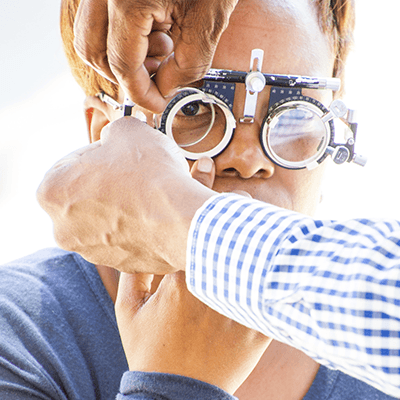Femtosecond Cataract Surgery
Femtosecond cataract surgery (FCS) is a new type of surgery that uses an extremely brief pulse of laser light to create a precise, small incision in the eye.
Overview Femtosecond Cataract Surgery
Femtosecond Cataract Surgery (FCS) is a type of surgery that uses a femtosecond laser to make incisions in the eye and break up the cataract. This type of surgery is sometimes called “laser-assisted cataract surgery” or “femto-cataract surgery.”
The femtosecond laser is a very precise laser that can create extremely thin, delicate sheets of tissue. This type of laser is often used in eye surgery because it minimizes damage to the surrounding tissue.
FCS is generally considered to be safer and more accurate than traditional cataract surgery, which uses a manual knife (called a “scalpel”) to make the incisions. FCS is also associated with a lower risk of complications, such as infection and retinal detachment.
Book Free Consultation
Book Appointment or Video Consultation online with top eye doctors
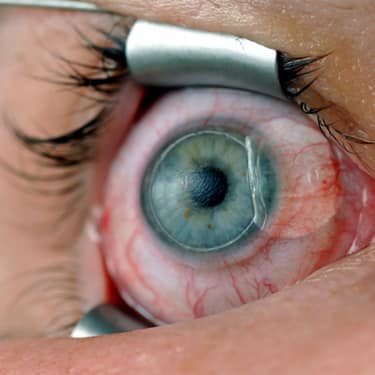
Femtosecond Cataract Surgery Procedure
Femtosecond cataract surgery is a new, minimally-invasive surgical procedure that uses a femtosecond laser to make precise incisions in the eye and remove the cataract. This type of surgery is often used in cases where traditional cataract surgery is not an option, such as when the patient has a small pupil or other conditions that make traditional surgery more difficult.
The first step in femtosecond cataract surgery is to create a small opening in the eye, called an capsulotomy, with the femtosecond laser. This opening allows the surgeon to access the cataract and remove it. The next step is to use the laser to fragment the cataract into small pieces. Once the cataract is fragmented, the surgeon can then remove it through the small opening in the eye.
Benefits of Femtosecond Cataract Surgery
- Increased precision : The femtosecond laser can create extremely precise incisions in the eye, which leads to better surgical outcomes.
- Reduced risk of complications : Femtosecond cataract surgery has been shown to reduce the risk of certain complications, such as posterior capsular rupture, compared to traditional surgery.
- Quicker healing time : Femtosecond cataract surgery typically results in a quicker healing time than traditional surgery, so patients can get back to their normal activities sooner.
- Better vision : Because femtosecond cataract surgery is so precise, it can help preserve more of the eye’s natural tissue, which can improve vision.
- Less pain : Femtosecond cataract surgery is generally less painful than traditional surgery, and there is no need for stitches, which further reduces discomfort.
- No need for eyeglasses : Many people who have femtosecond cataract surgery no longer need to wear eyeglasses or contact lenses after surgery.
Why is it preferred over Other Cataract Surgery?
Femto cataract surgery is a new, minimally invasive type of cataract surgery that has many advantages over traditional surgery. Femto surgery is performed using a femtosecond laser, which is a very precise laser that can create very small incisions in the eye. This results in less damage to the surrounding tissue, which leads to a quicker and easier recovery. Femto surgery is also associated with a lower risk of complication than traditional cataract surgery.
Femto cataract surgery has many benefits, but one of the most important is that it can help preserve your vision. With traditional cataract surgery, the surgeon must make a large incision in order to remove the clouded lens. This can damage the surrounding tissue and cause vision loss.
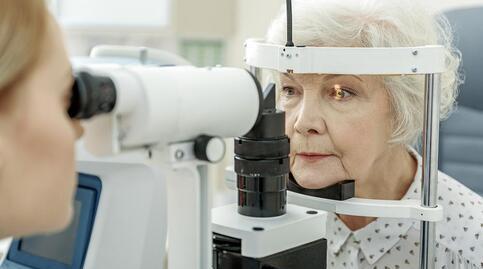
Surgery Risks
Cataract surgery is generally a very safe and successful procedure. However, as with any type of surgery, there are certain risks and complications that can occur. These include:
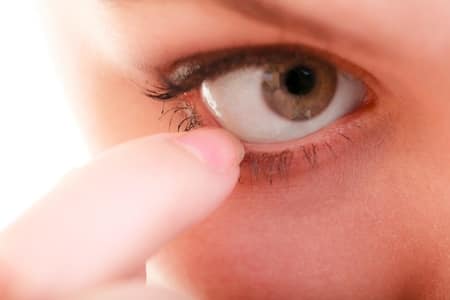
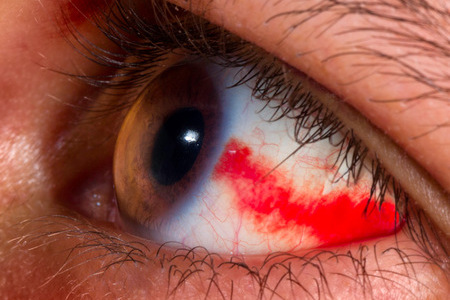
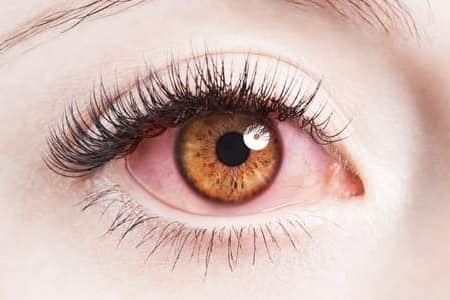




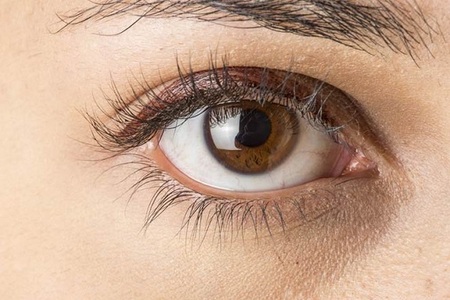
Femtosecond Surgery Aftercare
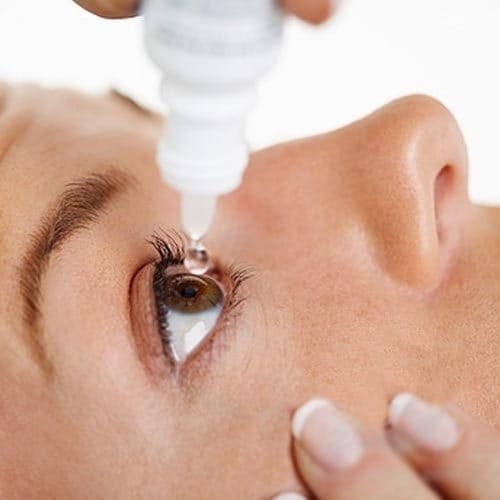
It is important to keep the area clean and dry after surgery. You may shower, but do not soak in a tub or swim for at least two weeks. Gently clean the area with soap and water daily. Your doctor will give you specific instructions on how to care for your incisions. It is important to follow these instructions carefully to avoid infection and promote healing.
You will likely have some discomfort after surgery. Your doctor will prescribe medication to help manage this. Be sure to take the medication as directed.
It is important to avoid strenuous activity for at least two weeks after surgery. You may return to your normal activities as your doctor deems appropriate.
If you have any questions or concerns after surgery, be sure to contact your doctor.
Femtosecond Surgery Cost
The cost of femtosecond surgery will vary depending on the surgeon and the hospital. In general, femtosecond surgery is more expensive than traditional surgery. The average cost of femtosecond surgery is about $4,000. Femtosecond surgery is usually not covered by insurance.
| Lenses | Techniques | Prices | Benefits | |
|---|---|---|---|---|
| Monofocal (Distance Vision) | PHACO | 10,000 – 20,000 | ||
| MICS | 30,000 – 50,000 | 1.2mm incision | ||
| Multifocal (Distance & Near Vision) | MICS | 30,000 – 50,000 | Anti PCO ring, Blue light filter | |
| Trifocal (Near, Far & Computer Vision) | MICS | 45,000 – 80,000 | HD Vision, Anti-Glare, Anti PCO ring, Blue light filter | |
| Toric (Distance & Cylinderical Power) | MICS | 30,000 – 50,000 | Anti-Glare, Anti PCO ring, Blue light filter | |
| For Zepto Robotic Cataract Surgery, additional charges for Rs. 20,000 – 30,000 | ||||
| For Femto LASIK Robotic Cataract Surgery, additional charges for Rs. 70,000 – 90,000 | ||||
Our Facilities
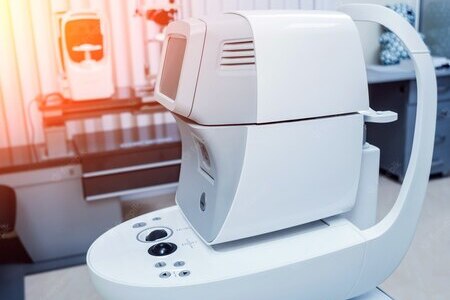
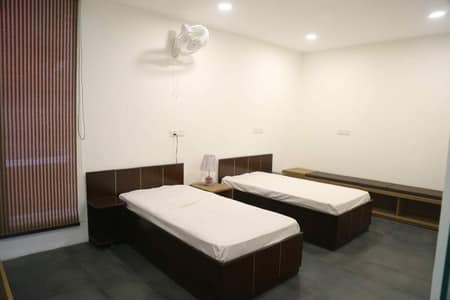
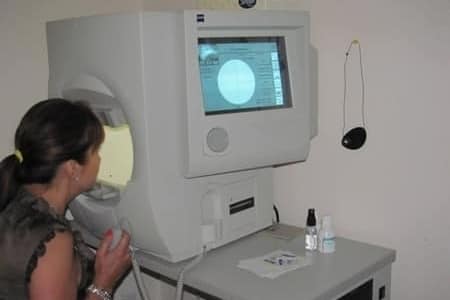
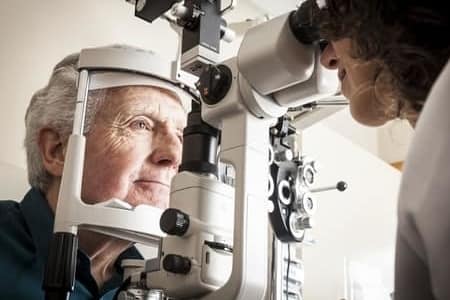
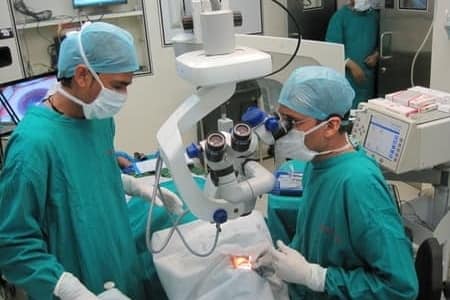
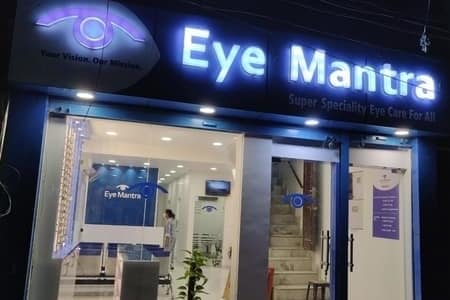
Top Cataract Surgeons in Delhi
Eye Mantra provides the greatest ophthalmologists and cutting-edge equipment for your LASIK surgery.
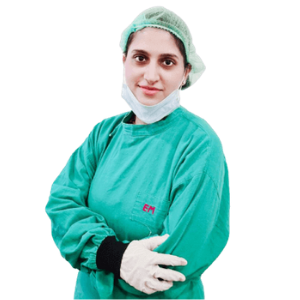
Cataract, Glaucoma, LASIK

LASIK
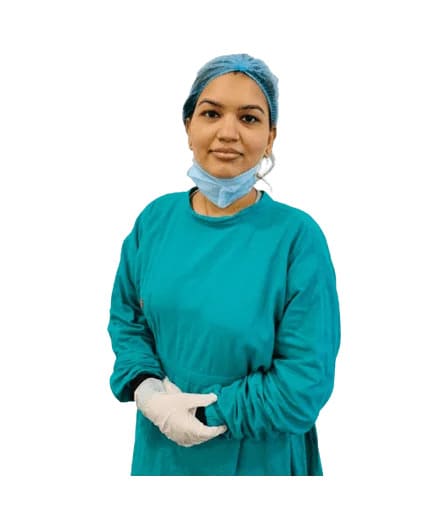
Femtosecond LASIK

Femtosecond LASIK
Frequently Asked Question's.
Femtosecond cataract surgery is a type of surgery that uses short bursts of energy to break up the eye’s natural lens. This allows the surgeon to remove the cataract and replace it with an artificial lens. Femtosecond cataract surgery is typically safer and has fewer complications than traditional cataract surgery.
The cost of femtosecond cataract surgery can vary depending on a number of factors, including the type of insurance you have, the surgeon you choose, the region where you live, and whether or not you need any additional treatments. In general, however, the average cost of femtosecond cataract surgery is around Rs.70,000 – Rs.90,000. This cost typically includes the surgeon’s fee, the cost of the anesthesia, and the cost of the facility where the surgery is performed. It is important to keep in mind that this is just an average cost, and your specific costs may be higher or lower depending on your individual situation.
Femtosecond cataract surgery offers several benefits over traditional cataract surgery, including:
- Shorter recovery time: Femtosecond cataract surgery is usually an outpatient procedure, which means you can go home the same day. Traditional cataract surgery typically requires a one to two night hospital stay.
- Fewer complications: Femtosecond cataract surgery carries a lower risk of complications than traditional cataract surgery.
- Improved vision: Femtosecond cataract surgery can result in better vision than traditional cataract surgery. In some cases, it can even eliminate the need for glasses or contact lenses.
There are several risks associated with femtosecond cataract surgery, as with any other type of surgery. These risks include infection, bleeding, and inflammation. There is also a risk of damaging the cornea or lens during the surgery. In rare cases, vision loss can occur.
A good candidate for femtosecond cataract surgery is someone who is looking to improve their vision and reduce their dependence on glasses or contact lenses. This type of surgery is often recommended for people who have cataracts, which are a clouding of the eye’s lens. Femtosecond cataract surgery can also be an option for people who have presbyopia, a condition that makes it difficult to focus on close objects. The best way to determine if you are a good candidate for femtosecond cataract surgery is to consult with an experienced eye surgeon.
